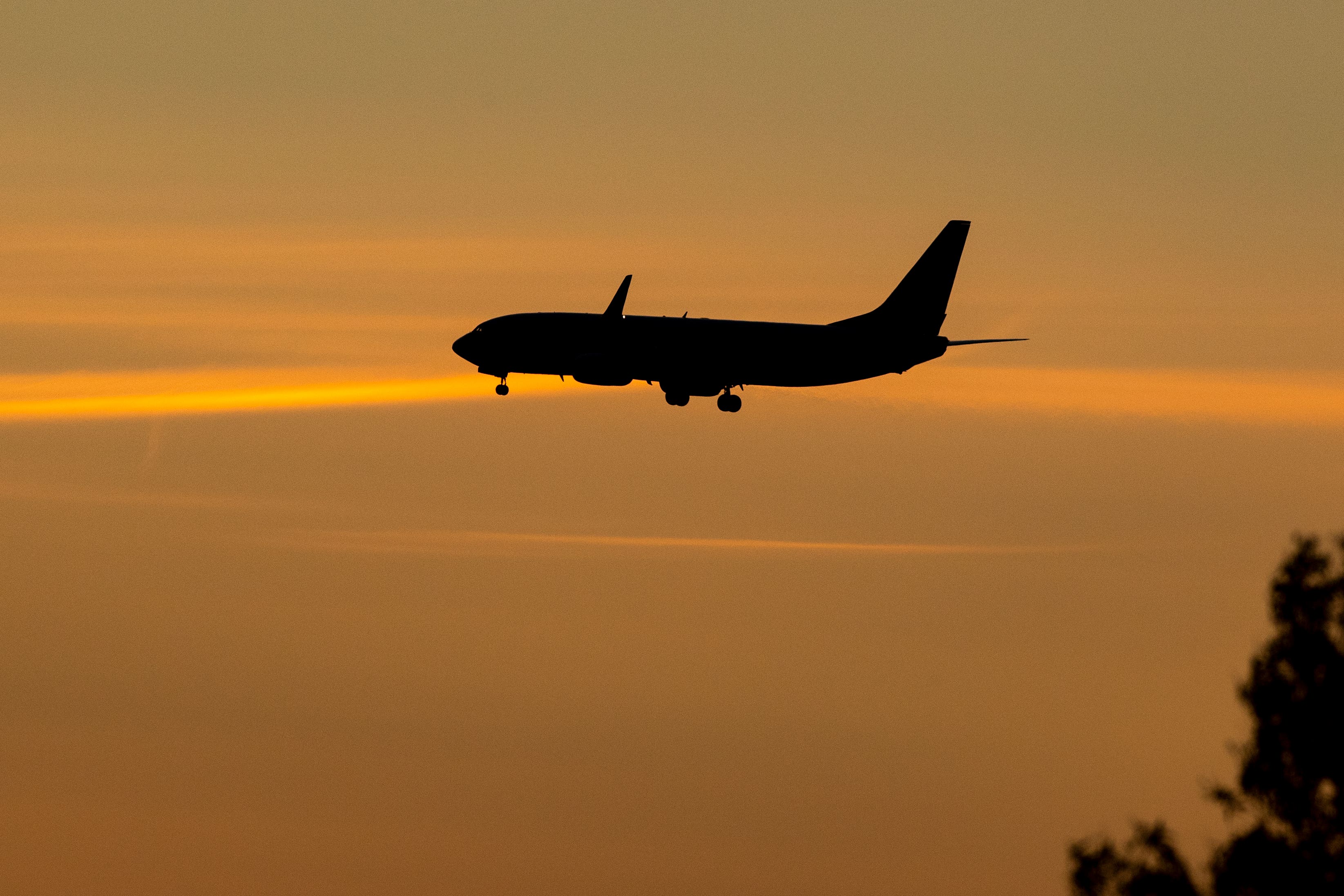Bank warns of fake flight scams as holiday fraud on the rise
They may initially take a deposit through a legitimate website but will then ask for further payments offline

Your support helps us to tell the story
From reproductive rights to climate change to Big Tech, The Independent is on the ground when the story is developing. Whether it's investigating the financials of Elon Musk's pro-Trump PAC or producing our latest documentary, 'The A Word', which shines a light on the American women fighting for reproductive rights, we know how important it is to parse out the facts from the messaging.
At such a critical moment in US history, we need reporters on the ground. Your donation allows us to keep sending journalists to speak to both sides of the story.
The Independent is trusted by Americans across the entire political spectrum. And unlike many other quality news outlets, we choose not to lock Americans out of our reporting and analysis with paywalls. We believe quality journalism should be available to everyone, paid for by those who can afford it.
Your support makes all the difference.Victims of holiday scams are losing £765 on average, according to the latest data.
It said people aged 35 to 44, who are often booking trips for their families, make up more than a quarter (27 per cent) of victims.
Flight tickets are the most common fake item sold relating to holidays, Lloyds Bank said.
Fraudsters use social media as well as booking websites to try to trick people, the bank added.
Lloyds suggested that rising flight costs in the aftermath of the coronavirus pandemic have led people to turn to social media and lesser-known websites to look for cheaper deals.
Scammers will create fake ads for cheap flight deals or lure unsuspecting victims by pretending to sell airline tickets they can no longer use themselves.
They will offer a low price and ask for a fee to change the name on the ticket.
Once the money has been sent, the scammer will disappear, leaving the victim out of pocket and without a ticket.
The offer of caravans for sale is the next most commonly reported fake item relating to holidays, according to Lloyds.
Those hoping for their own motorhome or static caravan are offered a cheap price, but may be looking at photos of a vehicle that have been copied from elsewhere online.
Fraudsters will also list fictional holiday rentals with fake photos or photos stolen from other listings.
They may initially take a deposit through a legitimate website but will then ask for further payments offline, for example by bank transfer, before disappearing.
In some cases, victims may turn up with their suitcases, only to discover the address is fake or the “holiday rental” is actually a home belonging to someone else, Lloyds said.
Liz Ziegler, fraud prevention director at Lloyds Bank, said: “Always take the time to think about purchases you make online, and when in doubt, always book through a trusted retailer.
“When it comes to booking stays, always use your card and don’t be fooled by hosts asking you to ignore the website’s rules and transfer money directly to them.”
Airbnb, which has teamed up with online safety experts Get Safe Online to help protect people, said it has safeguards in place to help protect stays booked on its website, including secure payment processes.
The website said it also encourages consumers to report suspect websites or phishing emails to Airbnb for investigation and it works with third parties to report them for further action.
Scams
Here are some tips from Lloyds Bank to stay safe from holiday scams:
1. Purchase tickets and hotel stays from trusted retailers or directly from the airline or hotel. When booking stays, look for valid reviews on websites such as Tripadvisor.
2. Paying by card can give added protections if something goes wrong.
3. Pay through booking websites’ own systems. If you are booking a hotel through a third party and receive what appears to be a message from the hotel asking for more money, after the original booking has been confirmed, do not pay this without contacting the website or the hotel directly using the contact details on their websites.
4. Be cautious on social media. If you are looking to buy a caravan or motorhome, always see the item in person before handing over any form of deposit.
5. If a seller is trying to rush you, or bombarding you with messages, take a step back and question whether this is pressure selling.
6. Pay attention to warnings from your bank. Your bank is likely to provide a warning when you set up a new payee or make an unusual payment. Be sure to follow any advice provided.
Amanda Cupples, Airbnb’s general manager for the UK and Northern Europe, said: “As people take advantage of the upcoming bank holidays, travellers should remain vigilant when browsing for their trips online and book directly with trusted providers.
“We encourage all of our guests to book, communicate and pay for their stay on the Airbnb platform, where we have secure processes and support measures like AirCover in place to help keep our community safe.”
Tony Neate, chief executive of Get Safe Online, said: “Many of us book our holidays online, and it is so important that we can do so safely, securely and with confidence.
“Two top pieces of advice to remember when booking trips and travel online – if a deal seems too good to be true, then it probably is, and, if you’re booking with Airbnb, always stay on the platform when searching for a property and making payments.”
Join our commenting forum
Join thought-provoking conversations, follow other Independent readers and see their replies
Comments